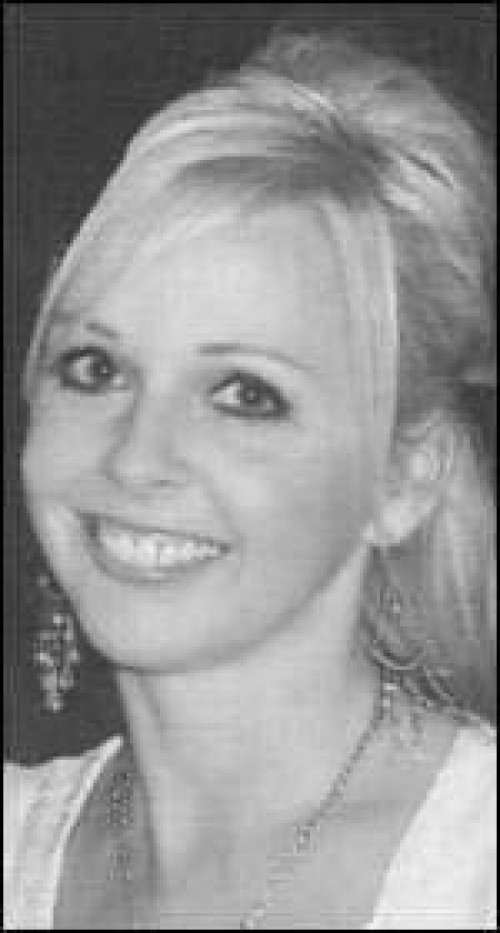
Yvette Michelle Crabtree Davis
April 7, 2008
Cecile D. St. Amant
April 9, 2008Terrebonne Parish Consolidated Government’s Human Development Division is set to bring back its Project Learn adult literacy program.
Project Learn has serviced local adults and their school-aged children who are struggling with literacy skills for nearly 20 years. The program started out as a component of the Terrebonne Parish Library System, and soon Catholic Social Service took over.
A Community Service Block Grant and a Community Development Block Grant fund the program. Over the years, the school-aged children’s program has continued to grow at Terrebonne’s public libraries. However, the adult education program failed to muster up enough funds to keep the program going.
Human Development Division administrator John LeBlanc took over the adult literacy portion of the program in 2007. It has since received much-needed donated funds from in-state and out-of-state organizations.
Generally, the program costs nearly $75,000 to start. However, Terrebonne Parish was able to launch Project Learn with $45,000 and “a whole lot of prayer,” LeBlanc said.
He has since started programs in Chauvin and Senator Circle. His hopes are to educate the 32 percent of Terrebonne’s population that cannot read or write, help them earn their general equivalency diploma and obtain employment.
“It’s not just teaching the residents. It’s helping them develop skills to survive,” LeBlanc said. “As long as we have funds, we will have a program in Senator Circle and Chauvin.”
LeBlanc is holding the program in those select areas because many of the potential Project Learn applicants are single parents and lack transportation to the Bayou Cane Adult Education Center.
Senator Circle’s program has two longtime educators Dr. Judy Plaisance and Connie Oswald heading the classes.
“Having Dr. Plaisance teach the class is the icing on the cake because she has experience with teaching multiple students,” LeBlanc said. “She will get the students where they need to be.”
Oswald teaches general education to the people who have less than a high school education.
The administrator is passionate about the program because his wife and mother were products of alternative education programs.
“My mother never got her high school diploma and neither did my wife,” he said. “But they were determined to have their GED. Once they got it, they immediately started to work at a local bank. My mother worked there for almost 20 years.”
LeBlanc wants to instill that earning a GED is an important step toward job readiness.
“Back in the day, a GED was a secondary supplement of a high school education, but now it’s right on the level with a high school diploma,” he said. “Having your GED in hand shows that you have goals to aid in your survival.”
Former Senator Circle resident Bernadette Wallis received her GED in the 1980s through a similar parish-funded program called Project Independent. She attended the first class meeting for Senator Circle residents.
“I just want to try and encourage them to continue on and go for their GED or get a trade,” she said. “I was once in their situation, so I know what it’s like to be a single parent trying to raise your children.”
After receiving her GED, Wallis worked her way through the ranks of the Terrebonne Parish Housing Authority. She started out as a housing complex assistant. Now, she is an administrative coordinator with the housing authority.






